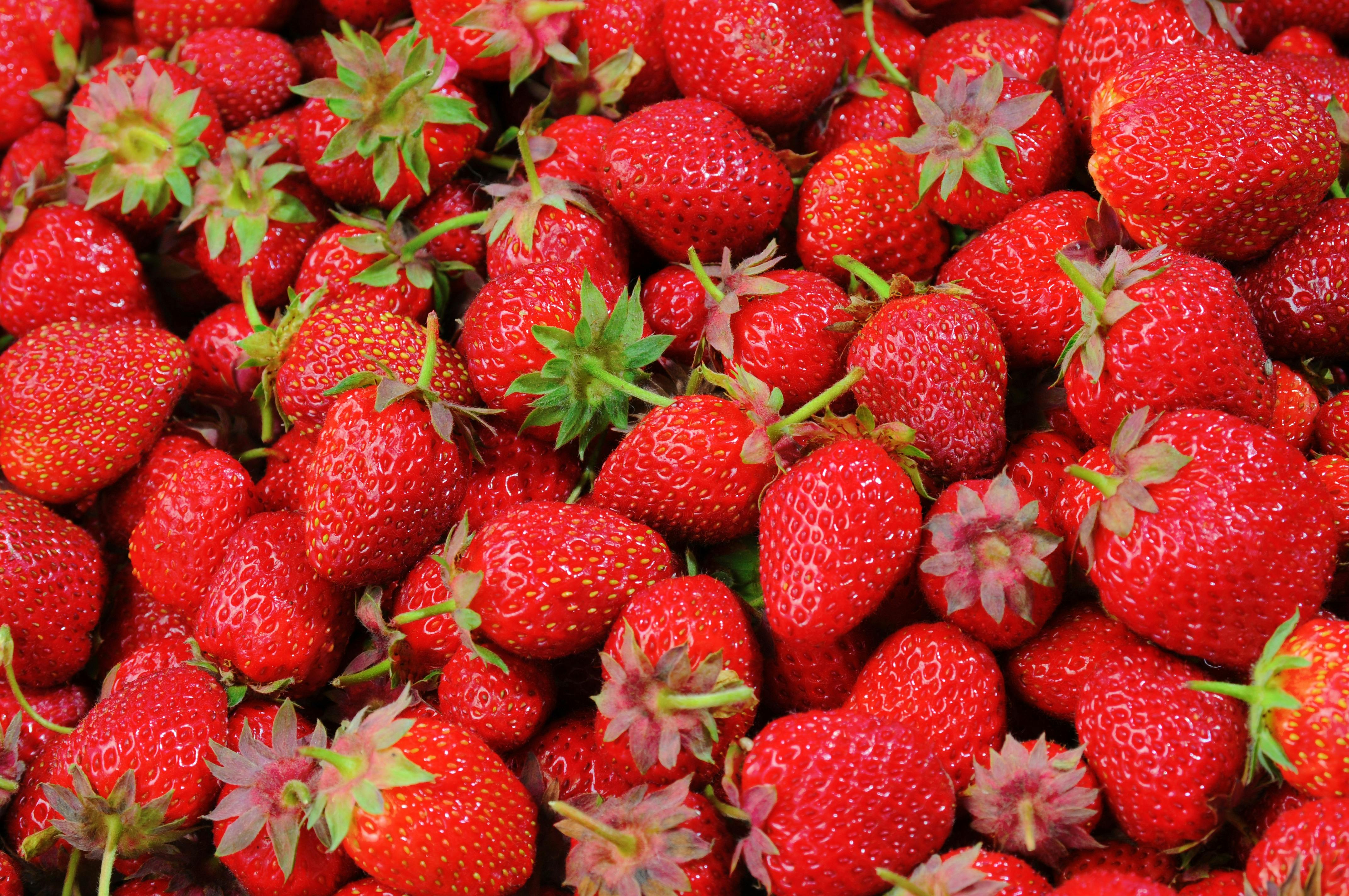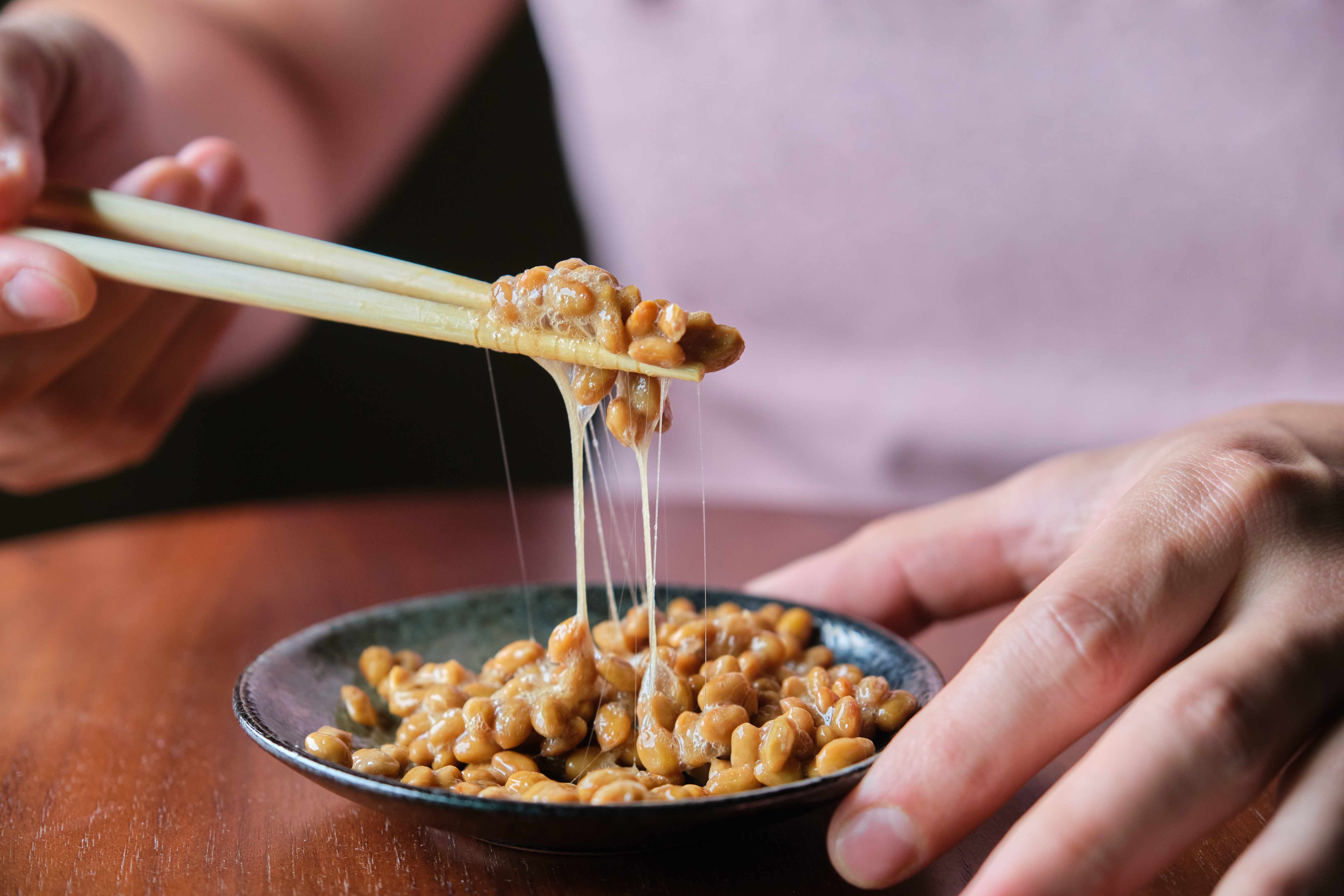Best And Worst Foods For Your Gut Microbiome
3. Fiber – The Gut's Best Friend

Dietary fiber, found in fruits, vegetables, whole grains, and legumes, is essential for maintaining gut health. Fiber acts as a natural cleanser for the digestive tract, promoting regular bowel movements and preventing constipation. There are two types of fiber: soluble and insoluble. Soluble fiber dissolves in water to form a gel-like substance, which can help lower blood cholesterol and glucose levels. Insoluble fiber adds bulk to stool, aiding in its passage through the digestive system. A diet high in fiber supports the growth of beneficial gut bacteria, reduces inflammation, and lowers the risk of developing various chronic diseases.
4. Fermented Foods – A Natural Probiotic Source

Fermented foods are rich in probiotics and have been consumed for centuries for their health benefits. The fermentation process involves the breakdown of sugars by bacteria and yeast, resulting in the production of beneficial microorganisms. Common fermented foods include yogurt, kefir, sauerkraut, kimchi, miso, and tempeh. These foods not only introduce beneficial bacteria into the gut but also enhance the bioavailability of nutrients, making them easier for the body to absorb. Regular consumption of fermented foods can improve digestion, boost the immune system, and even enhance mental health by influencing the gut-brain axis.
